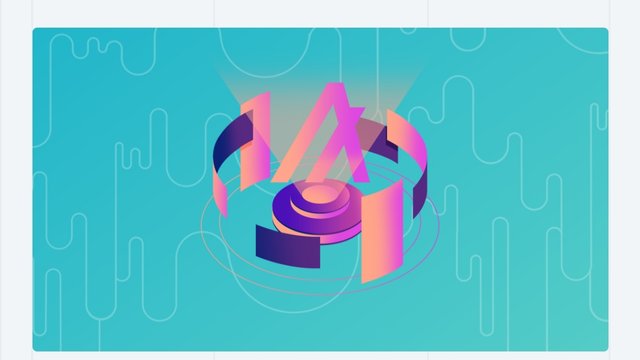What is Algorand? A Speedy, Scalable Platform for Dapps

Most modern blockchain-based networks attempt to achieve scalability, security, and decentralization in somewhat equal measure. However, few platforms today can be considered truly well-rounded, and most sacrifice on one or more of these fronts—whether that means forfeiting decentralization for additional scalability, scalability for security, or otherwise.
This blockchain trilemma remains a major sticking point for blockchains today—and a number of projects have tried to resolve it. Algorand, a prominent public blockchain platform, represents one of the more ambitious attempts.
What is Algorand?
Launched in 2019, Algorand is a novel blockchain platform used to create powerful decentralized applications (dapps) and financial primitives that will be used as the backbone of the economy of the future.
The platform is designed to address several of the key challenges facing other competing platforms today, namely: decentralization, scaling, and speed, by providing the infrastructure and tools builders need to create applications and assets that can be used by billions.
It was founded in 2017 by Silvio Micali, an internationally recognized computer scientist and MIT professor, noted for winning the Turing Award in 2012 for his work in the field of cryptography. Today, Algorand is being developed by a multi-disciplinary team largely comprised of researchers, cryptographers, mathematicians, and developers.
How Does Algorand Work?
The Algorand protocol is divided into two layers. Layer 1 is where most of the magic happens. It's used for running smart contracts, handling atomic swaps (rapid peer-to-peer exchanges of cryptocurrency), and creating new Algorand-based blockchain assets (known as ASAs). Layer 1 is only capable of running relatively basic smart contracts (each known as an ASC1). To stack on additional functionality, Algorand has a second layer, which is capable of running larger, more feature-packed smart contracts—like the kind you'd expect to power modern decentralized finance (DeFi) apps.
Decentralized applications generally provide an intuitive front-end that users can interact with to issue commands to the underlying smart contracts.
The platform is built around a novel proof of stake (PoS) consensus mechanism known as 'Pure Proof of Stake (PPoS)'. It's designed to be a fast, equitable consensus system that allows all stakeholders (ALGO token holders) to participate in block production and earn rewards for doing so. Algorand is also backed by a large number of geographically distributed relay nodes, which are used to route blocks to participation nodes (non-relay nodes) and validate signatures; they can also participate in consensus.